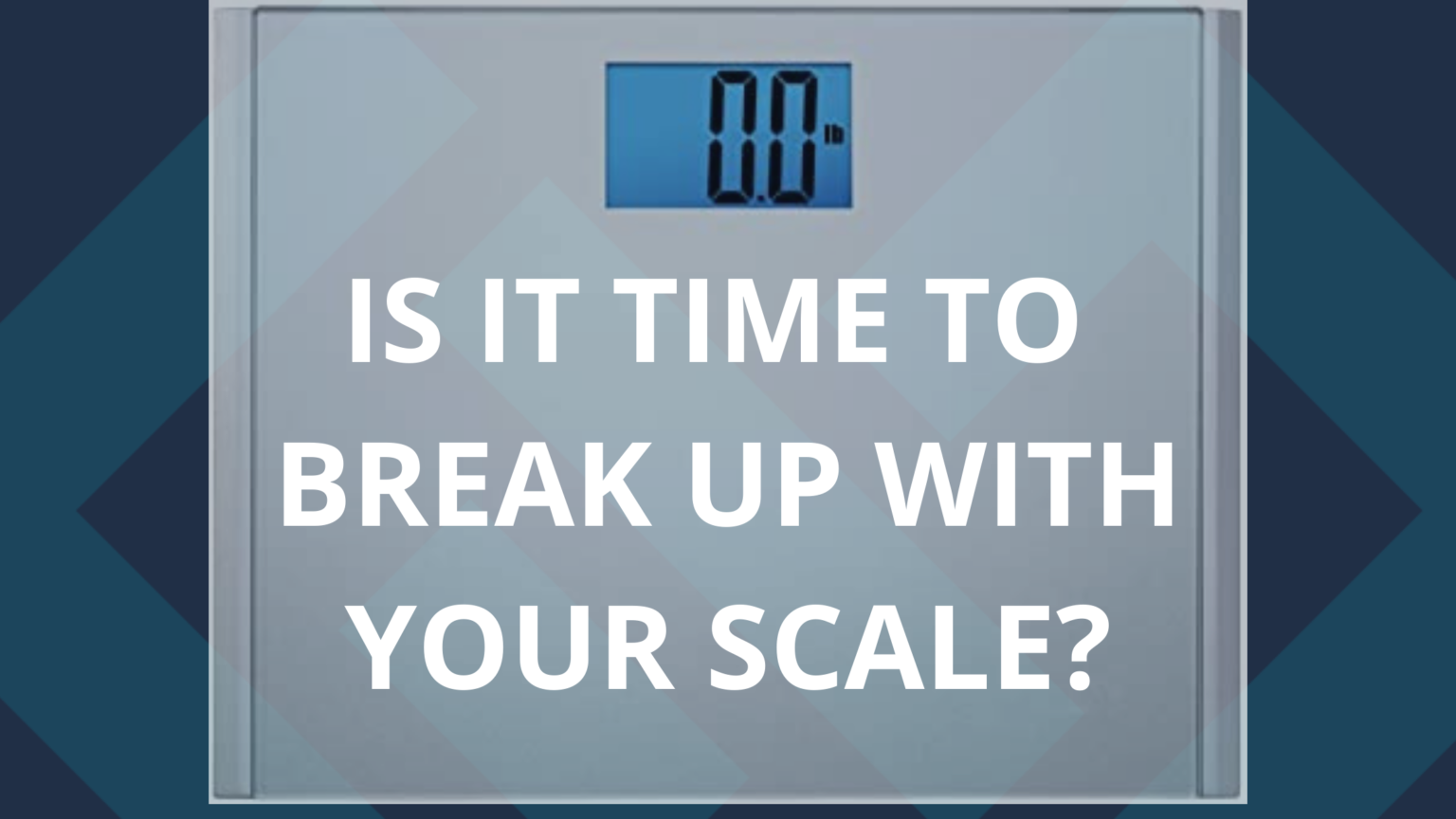Does the following story sound familiar to any of you?
You wake up and look in the mirror.
You are delighted to find that you’re looking very good in addition to feeling good.
You see that your body is perhaps gaining a bit of muscle and losing fat in some noticeable areas.
You put your workout attire on and pleasantly discover that the clothes are fitting you very well – snug in all the right places and loose where it matters.
You hit the gym and kick some serious butt, setting strength records in multiple exercises. A couple of gym members pay you compliments, informing you that you are looking fantastic.
Everything is going great, and your day is off to an excellent start.
Then, you step on the scale, and all of your glee comes to a screeching halt. You’ve gained a few pounds, and knowing this absolutely ruins your day.
I’m here to remind you of a few large factors that can be causing that scale to perhaps not reflect the numbers you want it to:
- Scale weight tends to fluctuate.
How your body responds to strength training is largely influenced by your diet. Pay attention to what you ate the day before you weighed yourself. Did you perhaps eat more salt than usual that could cause you to retain water? Did you weigh yourself at a different time than usual? Dietary choices and activity levels largely impact this number, even over the short term.
- That number on a scale says nothing about whether you’re moving in the right direction with your health.
Is gaining or losing five pounds moving you in the direction of better health? It’s impossible to say, because that number tells you very little about what’s going on with your relationship with food, hormones, digestive health or inflammatory status. And those are the factors that impact your health far more directly than body weight. - This number can be blinding.
By focusing so much of your attention on that number in the scale, you effectively miss out on observing the other, more significant, results of your efforts.
You’re sleeping better, have more energy, are less moody or depressed. Your cravings have dissipated, you recover faster from exercise, your symptoms or medical condition have greatly improved. And yet, your program is a “failure,” because the number on the scale hasn’t moved enough for your liking?
Re-read point #2, and tell us which factors speak more to your health – the scale weight, or everything else? Those results could be motivating you to continue with your new eating habits – but until you get your head out of the scale, you’ll never be able to see the health progress you’ve actually been making.
Bottom line: Don’t let the scale dictate your life. If you’re still worried about what you’re seeing, make sure you schedule a nutrition consult with Coach Nick!
–Coach Juhi


